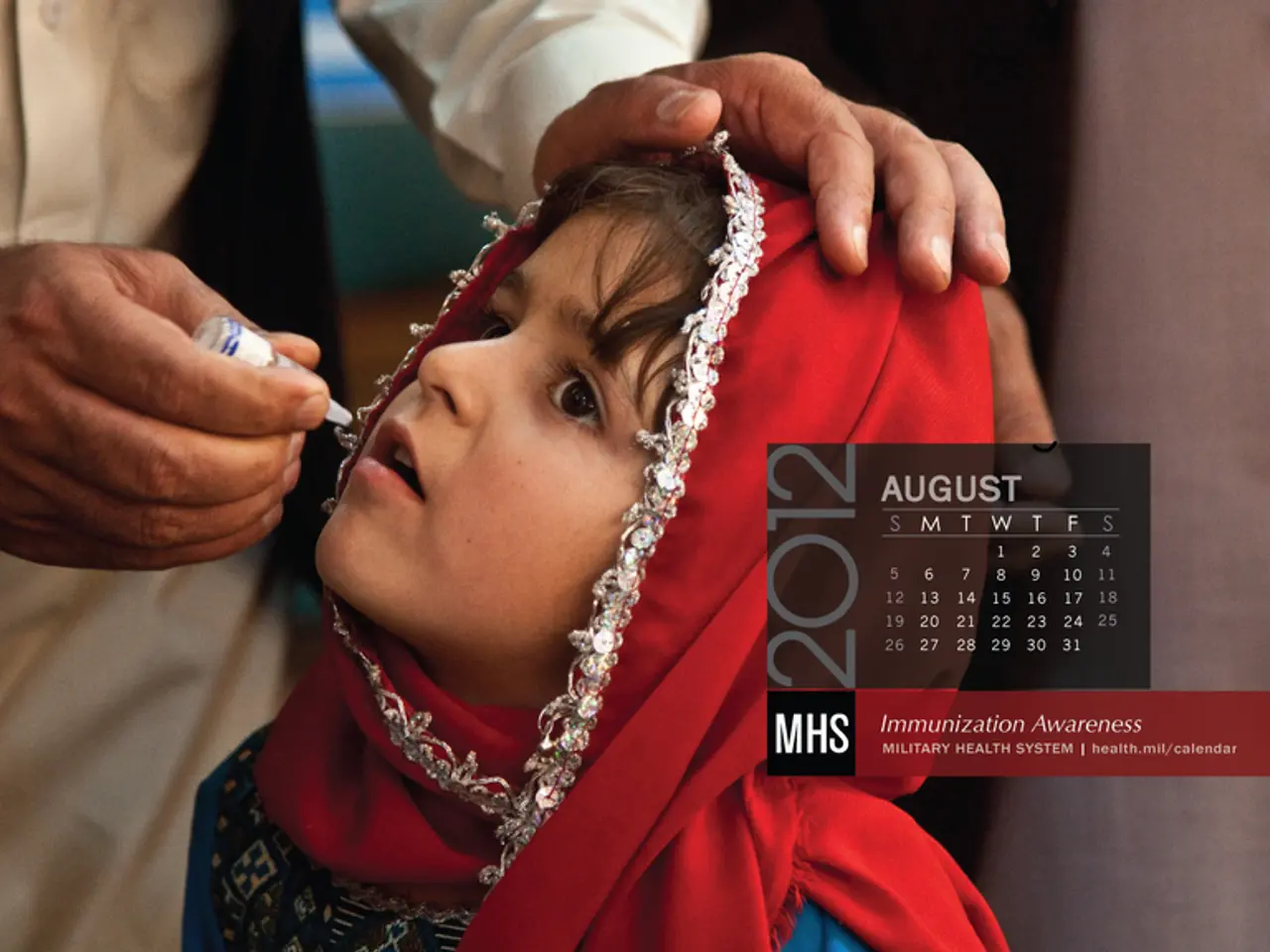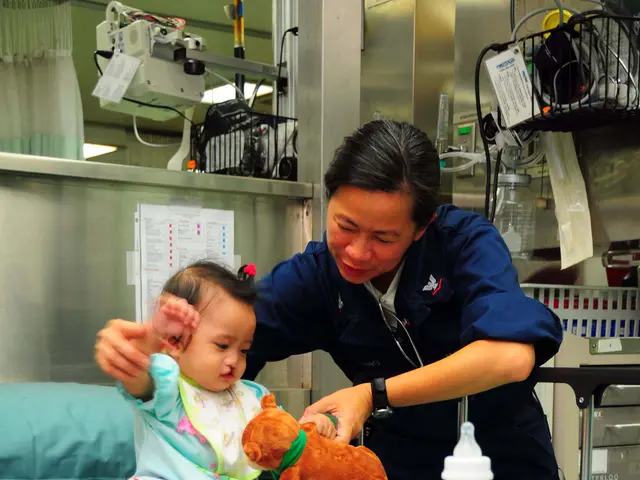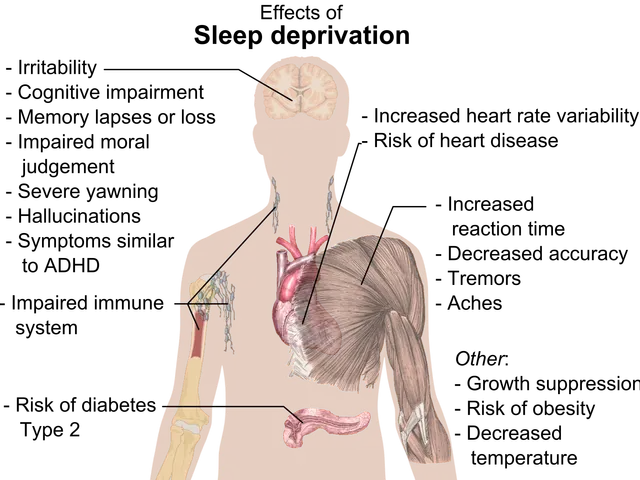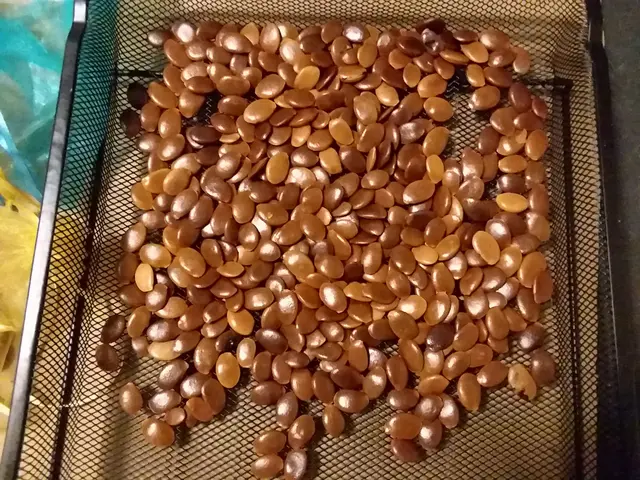Potential Side Effects of COVID-19 Vaccines for Children: Essential Information You Should Be Aware Of
Vaccinating Children Against COVID-19: What You Need to Know
Vaccinating children against COVID-19 is a crucial step in protecting them from severe complications should they contract the virus. According to health authorities, vaccinated children are less likely to experience serious illness, hospitalization, or complications if they develop COVID-19.
However, it's important to note that certain factors may influence a child's vaccination eligibility or the appropriate dosing guidelines. For instance, children who are immunocompromised due to underlying medical conditions or treatments might require special consideration. In such cases, it's advisable to discuss the matter with a pediatrician.
Allergies unrelated to vaccines, such as food, pet, environmental, or latex allergies, do not prevent a child from receiving a COVID-19 vaccine. However, if a child has previously had a severe allergic reaction to one of the vaccine's ingredients, they should not receive the vaccine.
Some medical procedures or conditions could also prevent a child from getting vaccinated immediately. In these cases, it's essential to consult with a healthcare provider.
Children who have received a diagnosis of multisystem inflammatory syndrome (MIS-C) must meet specific conditions before they can be vaccinated. These conditions are established to ensure the safety and effectiveness of the vaccination in these individuals.
To minimize side effects, the Centers for Disease Control and Prevention (CDC) recommends cooling the injection site with a clean, cool washcloth or an ice pack, moving the affected arm, drinking plenty of fluids, dressing lightly if a fever occurs, and preparing children for the vaccination through role-playing and answering questions.
Children can spread the SARS-CoV-2 virus easily, even if they don't show symptoms. This can increase the risk of severe COVID-19 symptoms in high-risk individuals. Side effects for children are similar to the side effects that adults experience, and they usually go away in a few days.
The COVID-19 vaccines for children aged 5 to 11 years old were granted authorization for emergency use after participating in clinical trials. Common side effects in this age group include pain, redness, or swelling at the injection site, tiredness, headache, muscle pain, chills, fever, and nausea.
The frequency of myocarditis (heart muscle inflammation) in children aged 5 to 11 after COVID-19 vaccination is very rare, occurring in less than 1 in 10,000 vaccinations. Most cases recover, though some required intensive care. As of the end of 2021, there were 378 cases of myocarditis in this age group out of about 8 million vaccine doses administered.
Rare side effects, though mentioned in studies, include anaphylaxis, thrombosis with thrombocytopenia syndrome, myocarditis and pericarditis, and Guillain-Barré syndrome. It's important to note that these side effects are extremely rare.
The American Lung Association states that COVID-19 vaccines in children have side effects similar to those of other routine children's vaccines. The CDC and Food and Drug Administration (FDA) are monitoring COVID-19 vaccines with the most comprehensive vaccine safety monitoring program in U.S. history.
The American Academy of Pediatrics (AAP) recommends that children aged 6 months and older get the COVID-19 vaccine. If your child experiences discomfort after the vaccination, they can take over-the-counter pain relievers.
In conclusion, vaccinating children against COVID-19 is a vital step in protecting them from severe complications. It's essential to discuss any concerns with a healthcare provider and ensure that your child receives the vaccine in a safe and timely manner.
Read also:
- Protesters personally deliver correspondence to Fetterman's workplace
- Delay in CDC's Decision on Hepatitis B Vaccine: Insights into Potential Alterations for Parents
- Specialist in Vision Therapy: Expert in Behavioral and Developmental Optometry
- Households urged to address disinfection of their drinking water supply








